Karate is a martial art that traces its origin to kung fu, the ancient Chinese fighting system. However, this Japanese martial art has evolved into a distinct discipline with its own principles and techniques. Karate focuses on delivering precise, crisp, and powerful strikes, kicks, and blocks. This is in contrast to kung fu, which has more fluid and circular movements.
It emphasizes empty hand blocks and offenses, which is what karate means in Japanese (empty hand). However, Karate incorporates some weapons. These include the nunchaku (cylindrical sticks connected by a short chain), the sai (short three-pronged swords), and the bo staff (long sticks).
Origins of Karate
Okinawa now in Japan is the birthplace of karate. It takes influence from many local and foreign martial arts like kung fu. Karate spread to mainland Japan in the early 20th century. Then spread to the rest of the world after World War II. Today, people worldwide practice karate popularly. The sport is even recognized as an Olympic sport and many people take it up as a method of self-defense and a way of cultivating physical and mental health.
In the early 17th century, a ban on carrying weapons in Okinawa was instituted. As a result, unarmed combat practices began to emerge. What we know today as karate ultimately evolved from these practices.
However, practitioners later incorporated the Okinawan weapons, as discussed above, into the martial art.
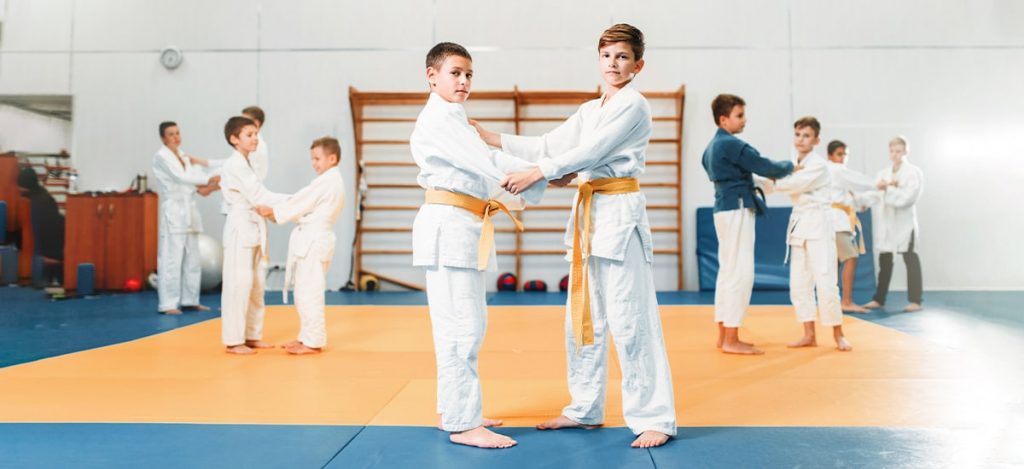
The Many Dimensions of Karate Practice
Karate goes beyond self-defense and martial arts. Since its inception, it has emphasized self-improvement. Karate trainers, also known as senseis, acknowledge this and encourage their students to broaden their skill sets to complement their karate practice.
Karate is taught not solely as a physical activity but as a practice that has mental and spiritual dimensions. Expanding their knowledge and skills beyond just karate help students become more well-rounded martial artists and individuals. They can also gain a deeper appreciation for the art and its teachings.
Apart from self-defense and fighting techniques, karate learning also stresses strength and conditioning. Karate training demands a high level of physical fitness. Students learn and practice body weight exercises, sometimes weight training, cardio, and other exercises. This is in addition to the flexibility and mobility training.
Beyond physical strength, pupils should also cultivate mental focus and discipline. Karate trainers teach meditation and mindfulness practices to develop a strong mind-body connection. It also helps improve pupils ability to concentrate and stay calm under pressure.
Many classes also stress learning traditional Japanese culture. From greetings and pleasantries to the nomenclature of routines karate classes use Japanese words and phrases. The art has its roots in Japanese culture. Learning the history and traditions can deepen one’s understanding and appreciation for karate.
Karate Training
Although karate emphasizes self-development and encourages students to acquire additional skills. The core training typically follows a structured format. Karate training involves a combination of basic movements, katas, sparring, and other exercises. Together they work to improve strength, endurance, and technique.
Basic movements involve learning the fundamental techniques of karate, such as punches, kicks, blocks, and strikes. Students should practice these movements repeatedly to develop muscle memory and precision.
Then there are katas or forms and kumite or sparring. Katas are individual demonstrations exhibiting choreographed movements and sparring is done with other karate pupils.
Katas or forms
Forms or Katas can appear as a dance-like routine to someone who is not familiar with karate. However, these sequences of movements are not just for show. They simulate a fight against one or more opponents.
Each movement in the kata represents a defensive or offensive technique. The student must execute them in a specific order with the correct timing and balance.
Through the practice of katas, students develop muscle memory and can execute techniques more effectively in competitions or even real-life situations.
Despite their seemingly choreographed nature, katas are an important part of karate training. Katas are taken seriously by practitioners of all levels. In fact, many karate competitions include kata demonstrations. It showcases a student’s technical proficiency, form, and overall mastery of the art.
Kumite or sparring
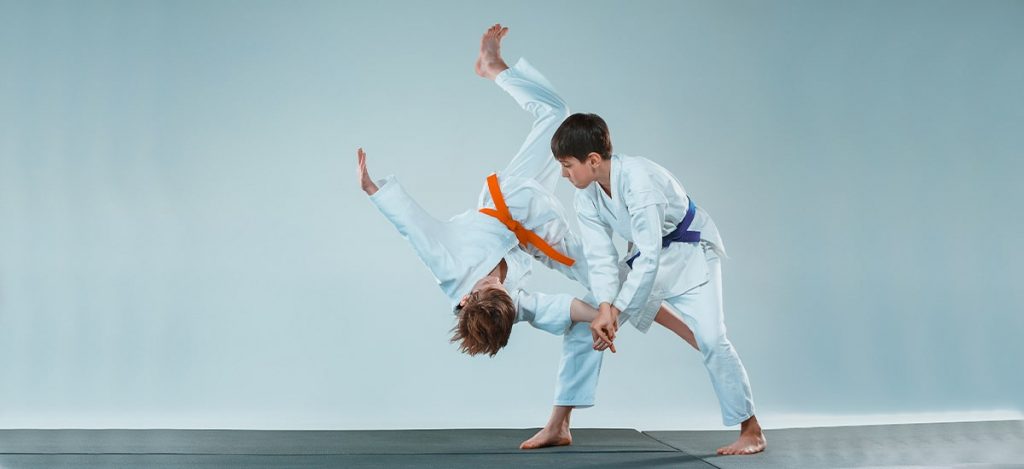
Organizers hold karate sparring in a controlled environment. It follows specific rules to ensure the safety of the participants. These rules vary depending on the type of karate and the level of the participants. However, the karate practitioners generally impose restrictions on the types of strikes and techniques during sparring.
For example, some forms of karate ban strikes to the head or face. In some other forms or events they may allow these strikes with protective gear. Similarly, certain techniques such as joint locks or throws may be illegal in sparring, while others are allowed.
Ultimately, the aim of sparring is not to injure or harm the opponent. It is to test one’s techniques and skills. Sparring also helps students develop their ability to react quickly and make split-second decisions.
If you are interested in learning karate in Dubai, find passionate senseis on PursueIt who hold classes for all ages and abilities.
In addition to karate, find classes available for other martial arts such as kung fu, taekwondo, and kickboxing. Whether you are a beginner or an experienced practitioner, there is always something new to learn and discover in the world of martial arts.
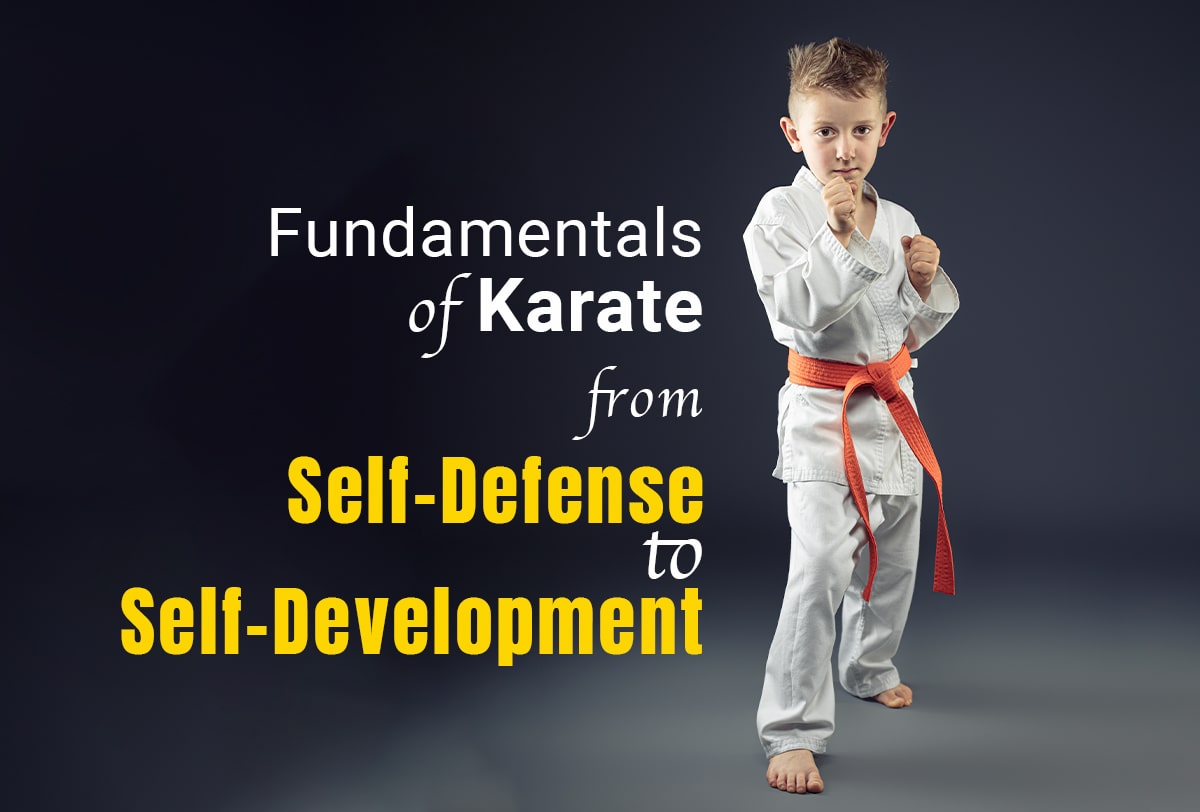
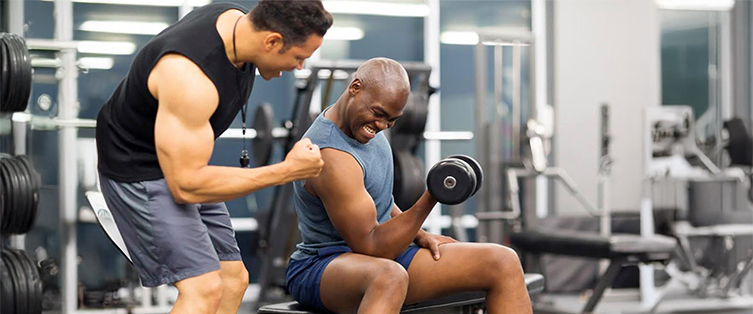
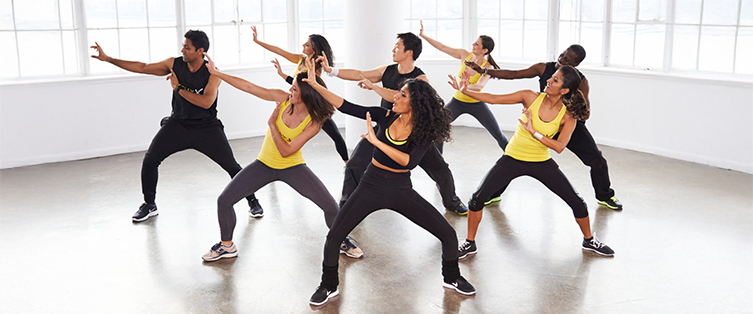

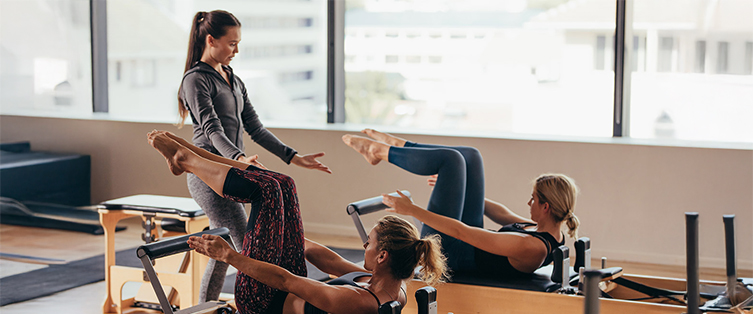
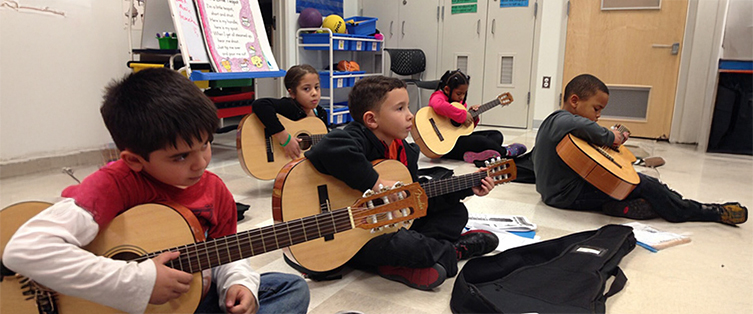
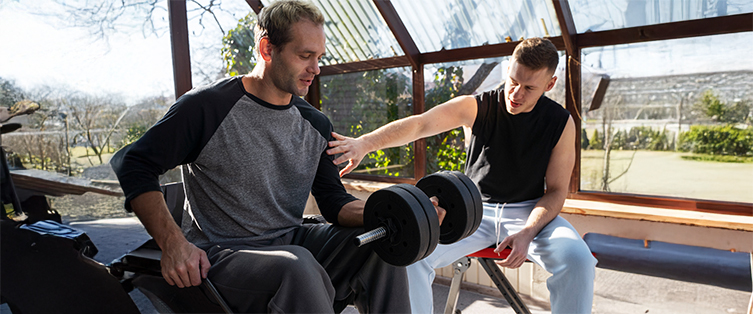
Leave a Reply